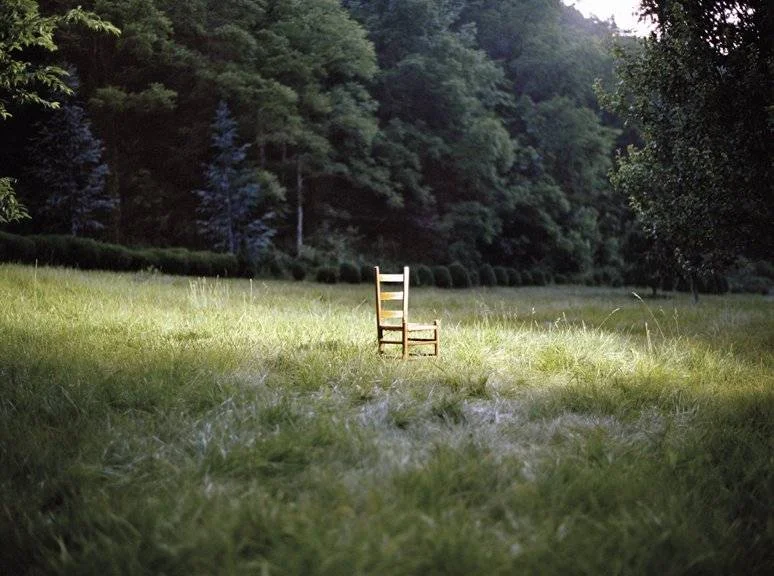breakdowns, burnout, and saying no
Having been a somewhat professional musician since age 13, I've spent a lot of time hustling for freelance gigs. By 16, I was working all the time. I never had a high school boyfriend or girlfriend, kept relaxation at the bottom of my priority list, and skipped my senior prom to rehearse for my senior recital.
In the months and weeks leading up to my graduation, I had a remarkably low drive that I attributed to "senioritis." On the day of the event, I had a quiet meltdown that led to my barely being able to speak at the family dinner in my honor: all I remember is my brother calling to congratulate me on the phone, and my holding back tears while saying that everything went well.
When I was younger, I believed that most people went through things like this, because most of the people around me did. My artistic siblings and friends, my hardworking parents, my genius idols. I assumed it was a fact of life, and only recently did I realize that not everyone takes a few weeks every six months (or six weeks, or every day for a long while) wishing they could change everything about their life.
Here's a tip for my fellow young professionals: if you've ever searched the phrase "Do I have burnout?", you have burnout.
* * *
In his incredible book Essentialism, Greg McKeown writes of a young executive who's achieved success very early on in his career, and because of his drive to build on that success, he agrees to more projects and opportunities than he should. He loses the clarity of his purpose and, burned out from all the work he's done, wants simply to quit the career that once inspired him.
We can have too much of a good thing: even the most inspiring work is still work, and saying yes to every gig, promotion, appearance, event, etc. has a major cost, not only on your health but also on your clarity and drive. At some point, you can't say no the money or the renown; you become a slave to it.
* * *
Saying no is a skill that requires practice, especially for people like me (over-committers, hard workers, people pleasers, glory hogs). But in order to say yes to things -- things like desire, ease, success, and good health -- we have to say no to things that make us groan, exhaust us, and cause frustration. (Which is to say, MOST THINGS.)
Say it with me: No, thank you.
Not:
- No, not at the moment, but I'd love to talk more about this in future. (yeah right)
- Maybe, just let me check my schedule. (and you'll never hear from me again)
- I can pull this off if I move a few things around. (and eventually do a poor job at all of them)
- No, I don't think so, but actually, maybe yes, I think I can do this! (Please, just don't do it.)
I decided today that my default answer from now on will be no. It sounds radical for a people-pleaser, and it is. But when we learn to say no to the 10,000 things that come our way, we save space for ourselves, for our families, for exceptional moments, for once-in-a-lifetime opportunities, for spontaneous joy and acts of kindness. (Hard to do when you're locked in to the conference/project/volunteer committee for the next six months.)
“Stopping what’s distracting, draining, or aggravating doesn’t require any heavy lifting or extra stamina — just love and self-respect.”
What will you say no to this day, week, and year?
